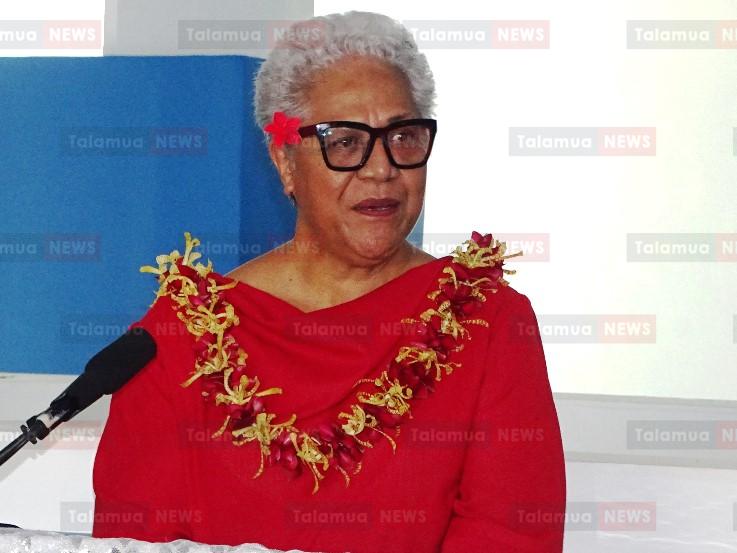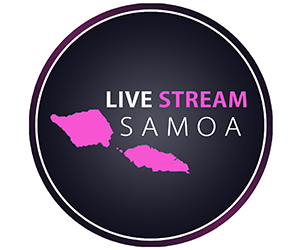Latest
Survey Records Majority Support for a Woman Prime Minister

By Lagi Keresoma
APIA, SAMOA – 13 JUNE 2022: Prior to the Samoa’s general election on 9 April 2021, a Pacific Attitude Survey (PAS) conducted by the National University of Samoa (NUS), Australian National University (ANU), Department of Public Affairs and Swinburne University of Technology for Samoa, noted a majority wanted a change of leadership.
And it is not just any leader, but a woman leader.
The survey was conducted between December 2020 and January 2021 and covered a range of issues from Politics, Climate Change, Attitudes to Democracy, National Identity, Tradition, Leadership, Governance, Development and International Relations
The authors of the survey stated in their summary that “the survey was conducted in the context of the COVID-19 pandemic and in the lead up to what would prove an historic election.”
Historic in terms that the longest serving political party, the Human Rights Protection Party- HRPP that was in power for 40 years was defeated by a newly formed Fa’atuatua I le Atua Samoa ua Tasi – FAST Party.
What is even more historic is the fact that after being led by 6 male Prime Ministers since independence in January 1962, Samoa for the first time elected its first woman Prime Minister, Fiame Naomi Mataafa.
The survey findings to the question: How much do you agree that a woman should become a Prime Minister of our country?
The responses were divided into 6 categories:
- Strongly agree – 61%,
- Agree – 24%,
- Total Agree – 85%,
- Disagree – 9%
- Strongly Disagree – 6%

A lecturer at NUS noted with interest how the result of the survey corroborates well with the outcome of the general election and Fiame’s appointment as the first woman Prime Minister for Samoa.
Whilst there was strong support for a woman leadership, it did not extend to a woman being the Head of State.
“This likely reflects the fact that the Head of State in Samoa has a strong traditional basis,” stated the Survey.
There was also a question on men as better political leaders over women and the response also vary.
- Strongly agree – 17%,
- Agree – 27%,
- Total Agree – 44%,
- Disagree – 30%
- Strongly Disagree – 26%
This particular part of the survey focused on Women in Politics and people’s response to women being Parliamentarians.
At the time of the survey, the responses to having more in a 51 electoral constituencies had responses that varied from “too few women”, “too many” and “just right number.”
However, at the end of the survey, 88% believe women should be involved in politics as much as men.
Due to the formula in place, the 7 women MPs has increased the number of seats from 51 to 54 in the current parliament.





















